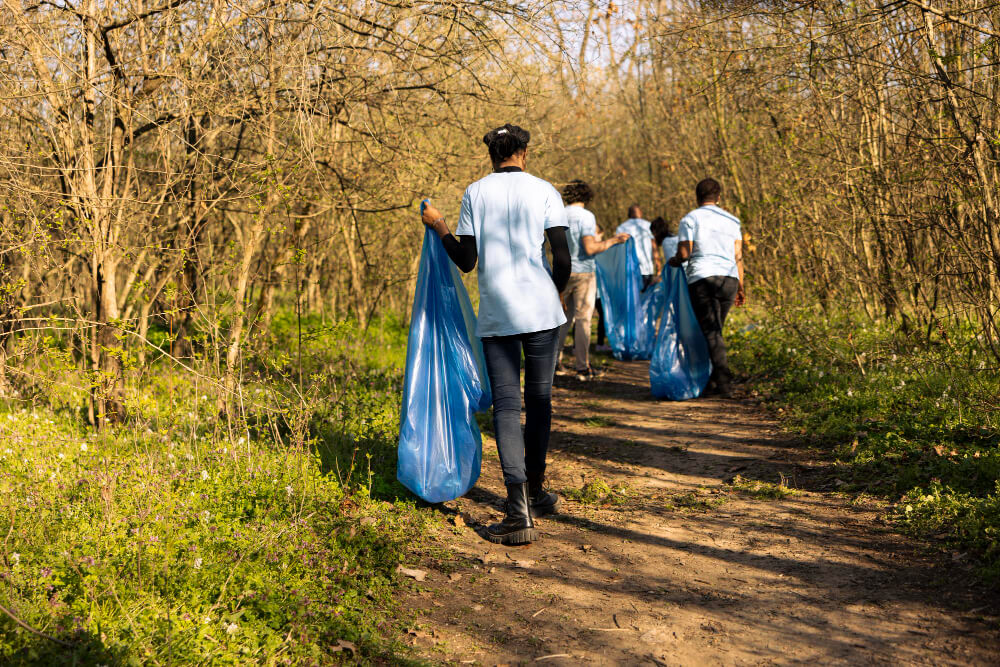play a critical role in the success of the Swachh Bharat Mission (SBM), India’s national cleanliness drive aimed at promoting sanitation, waste management, and hygiene across the country. Launched in 2014 by the Government of India, the Swachh Bharat Mission’s primary goal is to eliminate open defecation, improve solid waste management, and promote cleanliness and hygiene in urban and rural areas. Apeksh Trust contribute to SBM by supporting implementation, raising awareness, and ensuring community involvement.
Here are some of the key roles that NGOs play in the Swachh Bharat Mission:


© All Copyright 2024 by Apeksh Trust